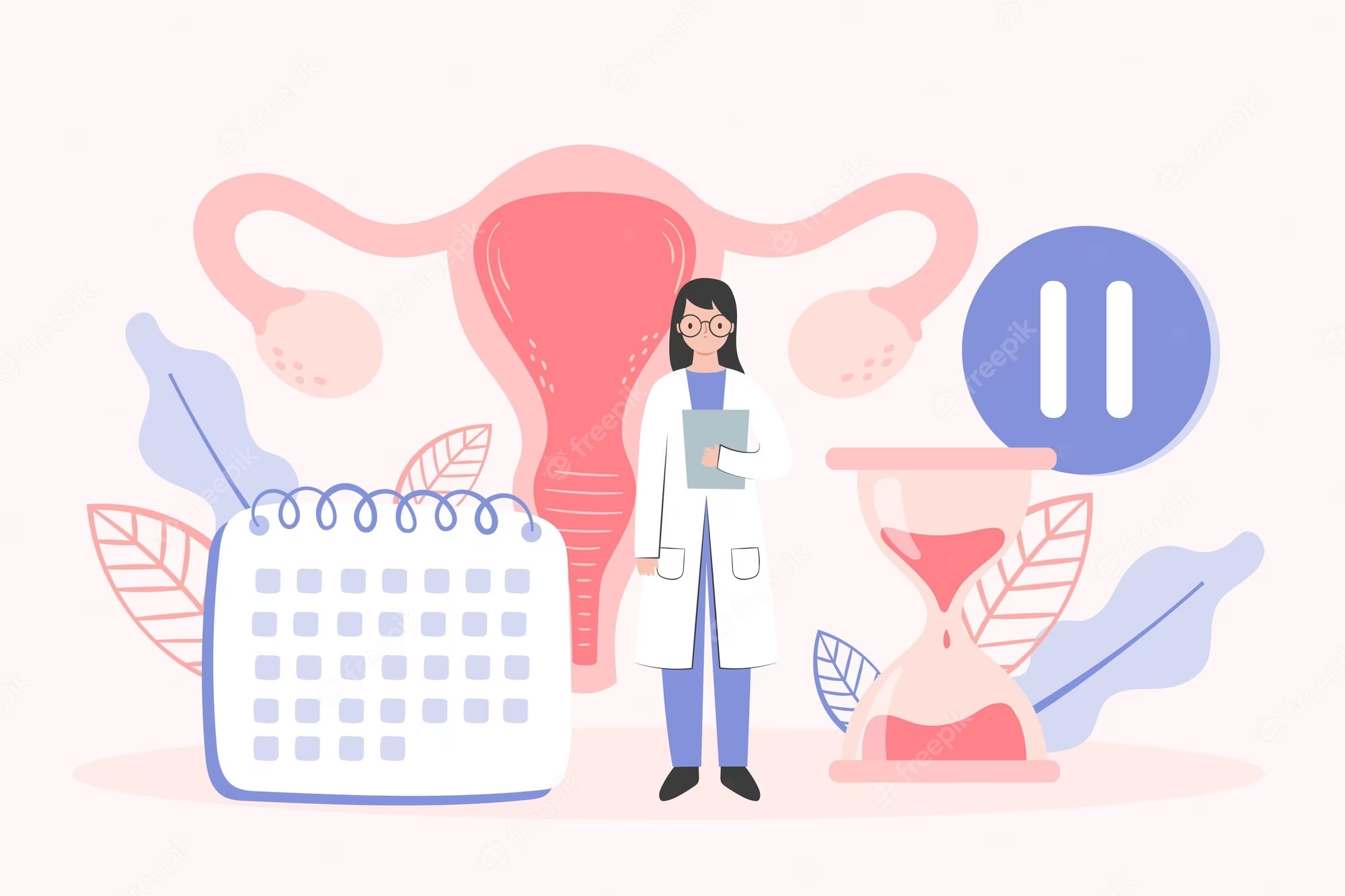PCOD and PCOS: Differences, Causes, Symptoms, and Ayurvedic

What is PCOS?
Polycystic ovary syndrome (PCOS) is a problem of a woman’s hormone levels. It is a disorder of a woman’s endocrine system. In this condition, male hormones are found in higher-than-normal levels in a woman. And this imbalance may cause several complications in their bodies, including missing periods and infertility.
Other complications that PCOS can cause are hair growth on the face and body, hair fall, diabetes and heart disease etc.
PCOS affects a woman’s ovaries and the production of estrogen and progesterone. These hormones regulate periods. The ovaries also produce male hormones called androgens. In PCOS condition, this production goes beyond normal.
What Causes PCOS?
It has not been found what causes PCOS. The conditions that seem highly related to PCOS are:
- Excessive insulin
- Genes
- Male hormones in excess
- Low-grade inflammation
PCOS Symptoms And Treatment
Signs and symptoms of PCOS may vary from one woman to another. It’s true that PCOS may cause several complications, but sometimes complications may take place first and this condition develops later, for instance, obesity taking place first and then PCOS. If you have some of the symptoms mentioned below, you should consult a doctor.
- Androgens levels higher than normal
- Cysts in the ovaries
- Irregular periods
- Hair growth in excess on the face and body
- Heavy bleeding
- Weight gain
- Darkening of the skin
- Male pattern baldness
- Headaches
Complications That PCOS Can Cause Are:
- Infertility
- Sleep apnea
- An increased risk of endometrial cancer
- Depression
Treatment Options
Common medical treatments may involve
- Birth control pills
- Lifestyle changes and exercise
- Hair removal medication
- Surgery—if other treatments don’t provide results, ovarian drilling is also an option to make tiny holes in ovaries with thin heated needles or a laser to restore normal ovulation.
Ayurvedic treatments
- Herbal medicines for improving fertility, hormonal levels and internal organs
- Lifestyle changes and exercise
- Panchkarma therapies to restore the normal levels of hormones
- Uttar basti treatment—directly putting a medicated decoction into the uterus through the vagina using a thin pipe to cure abnormalities of the ovaries.
What is PCOD?
PCOD is a condition in which the eggs released by the ovaries are either partially or totally immature. The eggs with time turn into cysts. These cysts also cause other problems, such as irregular periods, weight gain, male pattern hair loss and abdominal pain.
The size of the ovaries may also expand due to the cysts in them. The ovaries may also release high amounts of androgens (male hormones). Obesity, an unhealthy lifestyle and eating junk food may cause this condition.
What Is The Difference Between PCOD and PCOS?
PCOD is considered a health disorder; whereas, PCOS is considered a serious health problem. It is said that PCOD can easily come under control with a proper diet and an exercise regime. On the other hand, PCOS needs special treatment because it is an endocrine disorder.
It is said that one-third of women in the world go through this condition called PCOD. This percentage shows that it is fairly common and easily treatable. But, PCOS is not as prevalent and takes time to heal.
What Causes PCOD?
The factors that may cause PCOD are:
- Weight
- Inflammation
- Insulin resistance
- Family history
- PCOS as it affects the functions of the ovaries
PCOD Symptoms and Treatment
PCOD symptoms may involve:
- Heightened levels of male hormones
- Cysts in the ovaries
- Irregular periods or skipped periods
Common Medical Treatment May Involve
- Birth control pills
- Fertility drugs
- Surgery to remove cysts, if needed
- IVF for pregnancy, if natural pregnancy is impossible
- Lifestyles changes
- Exercise
- Weight management
PCOD and PCOS Natural Treatment
PCOD and PCOS can be cured permanently with the help of Ayurveda. Ayurvedic doctors know how to handle these two issues. For PCOS, panchkarma is the best. Panchkarma detoxifies, rejuvenates and restores the functions of the body and hormones. It is a natural treatment that can show wonderful results in balancing the hormones of the body.
Panchkarma involves different therapies that target particular parts of the body. There are therapies for cleansing the stomach, bowels, nasal passages, food pipe and blood. And there is also a therapy called Uttar Basti which is done for the reproductive organs.
In Uttar Basti, medicated oil is administered into the uterus for curing cysts and hormonal issues. The doctor using a thin pipe channels the oil through the vagina. This method has been effective for curing the abnormalities of the reproductive organs since ancient times.
For PCOD, Ayurveda can provide herbal medicines, exercise tips, diet modifications and therapies. It is a non-surgical treatment for PCOD and PCOS. On the other hand, the ayurvedic treatment also takes care of symptoms in the best possible way, for instance, hair fall, excessive hair growth, acne, dark skin and so on.
Takeaway
Ayurvedic treatment is a natural, non-surgical treatment that works well for PCOS and PCOD. Ayurveda has given immense importance to hormonal balance and contains therapies for balancing hormones and detoxifying the body.
SHARE
Stay in touch
To be updated with all the latest news, offers and special announcements.







